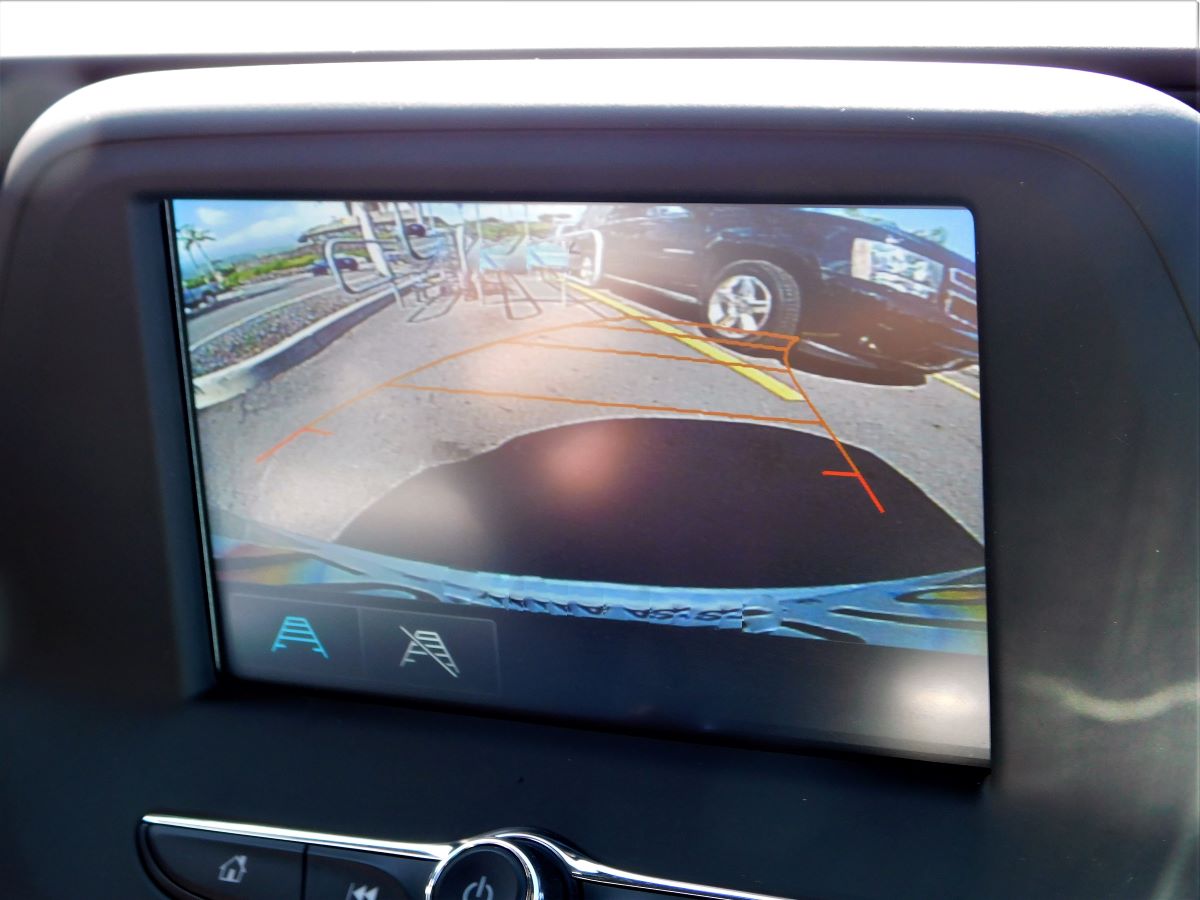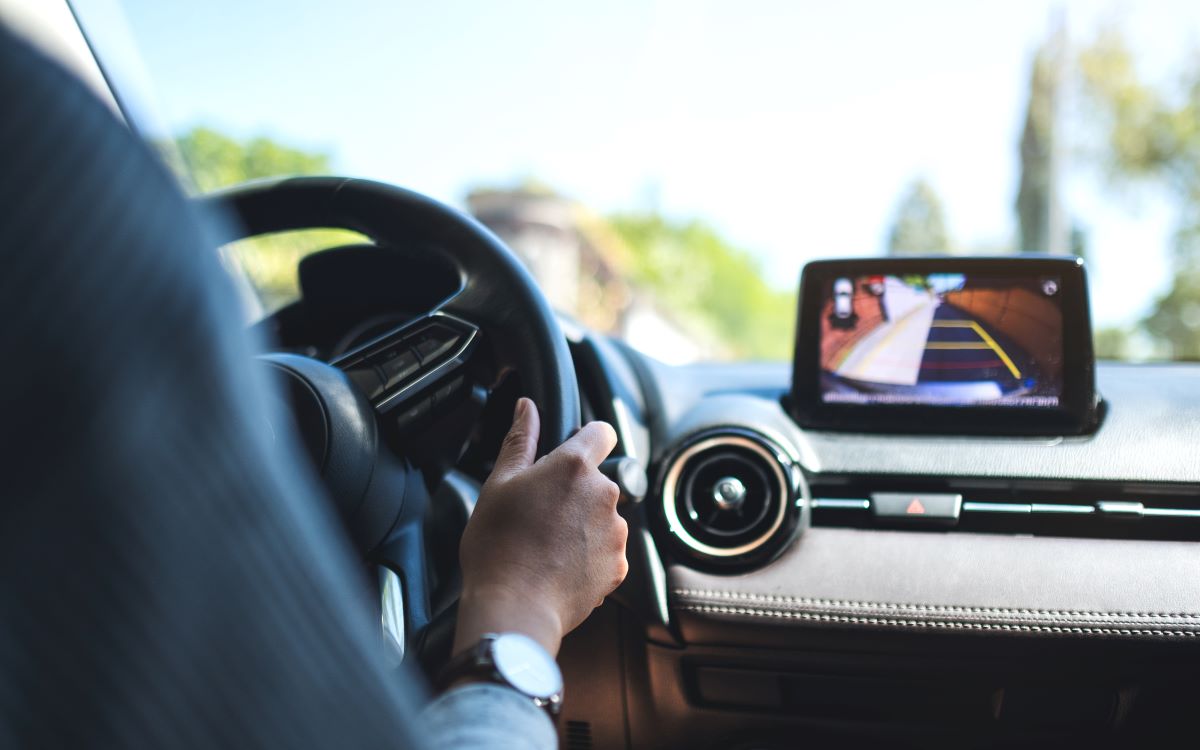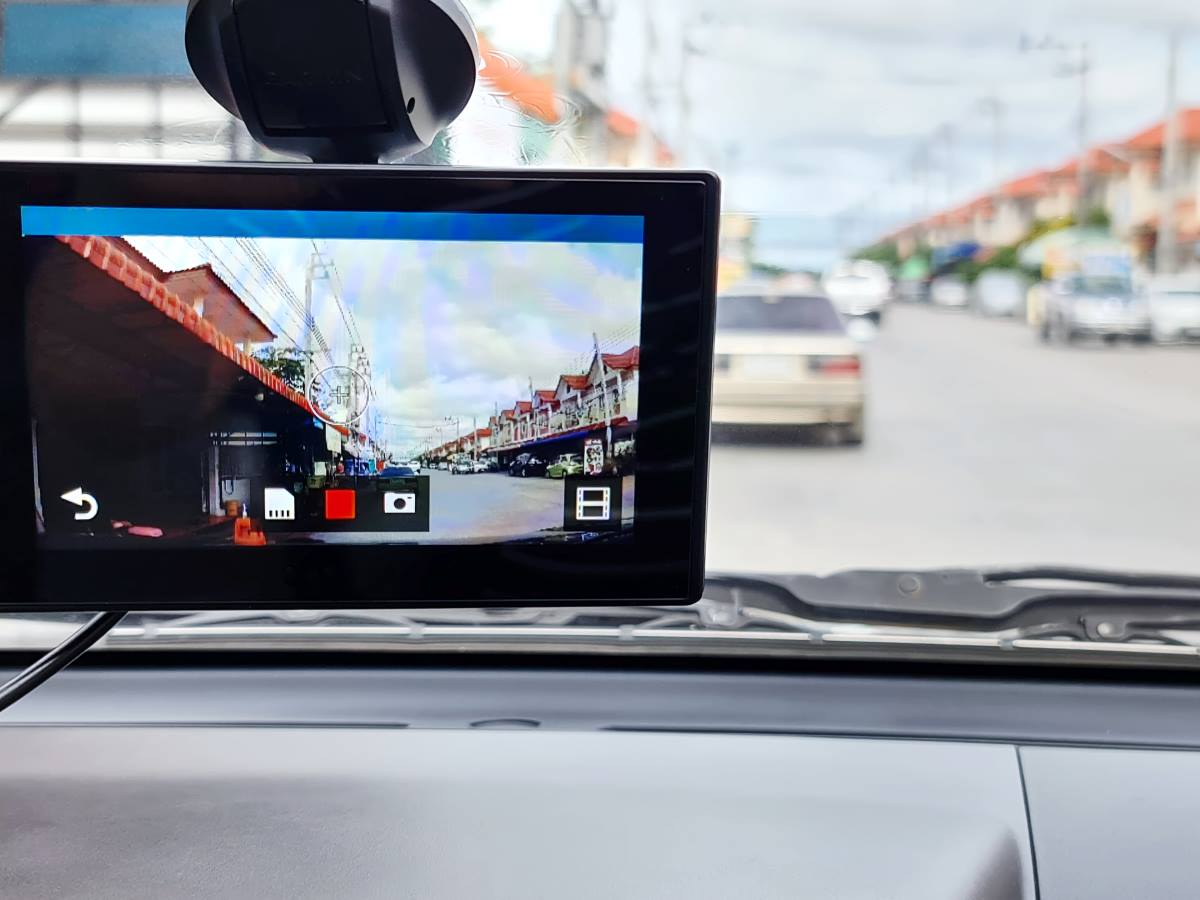9000+ Cashless Garages
1.2 Cr+ Policies Sold



Car insurance Online, Up to 90% Discount
It's a Brand New Car
What is Reverse Camera in a Car: Working, Advantages and Drawbacks

In today's automotive landscape, the reverse camera has emerged as a crucial safety feature, aiding drivers to navigate their cars easily and confidently. Reverse cameras significantly enhance safety and convenience by providing a clear view of the area behind the car.
Understanding the working, advantages, drawbacks, and other aspects of reverse cameras is crucial for every car owner.
What is a Reverse Camera in Cars?
A reverse camera is a specialised camera system mounted on the rear of a car, typically near the license plate or trunk handle. When the driver engages the reverse gear, the camera activates, capturing live video footage of the surroundings behind the car.
This footage is then displayed on the dashboard or rearview mirror screen, allowing the driver to manoeuvre the car safely while reversing.
How do Reversing Cameras Work?

Reverse cameras work by using a combination of components and technological processes:
- Camera Placement: The camera is strategically positioned on the rear of the car to capture a wide-angle view of the area behind.
- Video Transmission: When the driver selects the reverse gear, the camera activates, and the live video feed is transmitted to a display screen inside the car.
- Display Screen: The video feed is displayed on a screen mounted on the dashboard, giving the driver a clear view of obstacles and hazards.
- Guidelines: Many reverse camera systems feature dynamic guidelines overlaid on the video feed, assisting the driver in manoeuvring the car accurately.
- Night Vision: Some advanced reverse cameras utilise infrared technology to enhance visibility in low-light conditions, ensuring optimal performance day or night.
- Integration: They are integrated with the car’s electrical system, activating automatically when the reverse gear is engaged and deactivating when not used.
What are the Advantages of a Reverse Camera for Cars?
Reverse cameras offer several advantages to drivers, such as:
- Enhanced Safety: By providing a clear view of the area behind the car, reverse cameras help drivers avoid collisions with obstacles, pedestrians, and other cars.
- Improved Maneuverability: Reverse cameras make parking and reversing easier and more precise, particularly in tight spaces and congested areas.
- Reduced Blind Spots: With the wide-angle view provided by reverse cameras, drivers can minimise blind spots and increase awareness of their surroundings.
- Convenience: Reverse cameras simplify the process of backing up, reducing the need for guesswork and allowing drivers to manoeuvre confidently.
- Accident Prevention: The real-time video feed provided by reverse cameras helps prevent accidents and reduces the risk of property damage and injury.
- Increased Resale Value: Cars equipped with reverse camera systems often command higher resale values as they are more technologically advanced.
- Peace of Mind: Knowing that a reverse camera is monitoring the area behind the car provides drivers with peace of mind and confidence while reversing.
What are the Drawbacks of a Reverse Camera?

Despite their numerous benefits, reverse cameras also have some drawbacks, such as:
- Cost: The installation of a reverse camera system can add to the overall cost of a car, particularly for aftermarket installations.
- Reliance on Technology: Reverse cameras are electronic devices that can be susceptible to malfunctions or failures, compromising their effectiveness.
- Limited Visibility: In certain conditions, such as heavy rain, snow, or glare, reverse cameras may have reduced visibility, affecting their performance.
- Maintenance: Reverse cameras require regular cleaning and maintenance to ensure optimal performance, particularly in dusty or muddy environments.
- Compatibility Issues: Not all cars are compatible with aftermarket reverse camera systems, necessitating careful consideration of compatibility factors.
- Privacy Concerns: Some drivers may have privacy concerns regarding the use of reverse cameras, particularly in residential areas or public spaces.
- Potential Distraction: While reverse cameras aid in safe manoeuvring, drivers must remain focused on the road and surroundings to avoid distractions.
Which One is Better: Wired or Wireless Reverse Camera?
When it comes to reverse camera systems, drivers can choose between wired and wireless configurations. Wired cameras offer a more stable connection and reliable performance but may require professional installation due to wiring complexities.
On the other hand, wireless cameras are easier to install but may experience signal interference or connectivity issues in certain environments.
Are Reverse Cameras Easy to Install?
The ease of installing a reverse camera depends on various factors, including the car’s make and model, the type of camera system, and the driver's level of expertise.
While some drivers may opt for professional installation to ensure proper setup and functionality, others with basic automotive knowledge may attempt a DIY installation using aftermarket kits.
How Much Does a Reversing Camera Cost?
The cost of a reverse camera varies depending on factors such as brand, quality, features, and installation method. Basic aftermarket camera kits can range from ₹5000 to ₹10,000, while more advanced systems with additional features such as night vision or integrated sensors may cost upwards of ₹12,000 or more.
Professional installation may incur additional costs, depending on the complexity of the installation process.
Reverse cameras have revolutionised the way drivers navigate their cars, offering enhanced safety, convenience, and peace of mind while reversing. Despite their disadvantages, the benefits of reverse cameras far outweigh their drawbacks, making them a worthwhile investment for any car owner concerned about safety and convenience on the road.
















